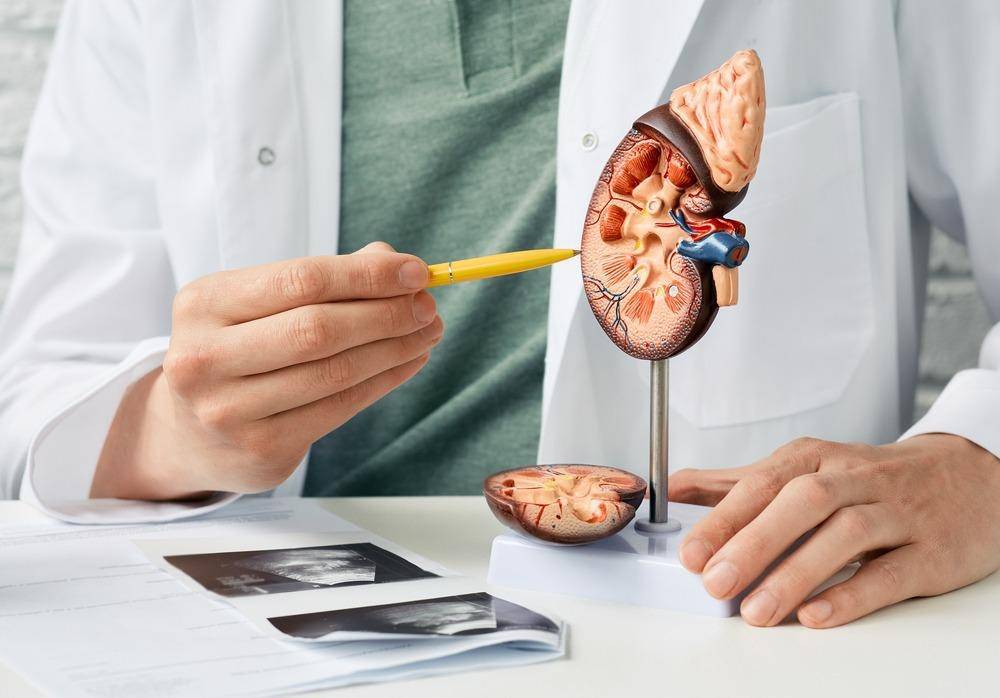Title: Recognizing the Early Signs of Kidney Failure: Key Indicators for Action
Introduction:
Kidney failure, also known as renal failure, is a serious medical condition where the kidneys lose their ability to function adequately. Detecting kidney failure in its early stages is crucial for prompt treatment and prevention of further complications. This blog aims to shed light on the early signs of kidney failure, emphasizing the importance of recognizing and managing them promptly.
1. Changes in Urination:
One of the earliest indications of kidney failure is experiencing changes in urination patterns. These changes may include:
- Increased frequency of urination, particularly during the night (nocturia).
- Decreased urine output or improved but decreased force of urine flow.
- Foamy or bubbly urine, which may indicate the presence of protein in the urine (proteinuria).
- Hematuria, characterized by blood in the urine, often causing a pink or red coloration.
- Urine that appears pale or excessively dark.
2. Swelling and Fluid Retention:
When kidney function begins to decline, the body tends to retain fluid and waste products. This can result in noticeable physical changes, such as:
- Swelling in the hands, feet, ankles, or face (edema). Puffiness around the eyes is also common.
- Unexplained weight gain due to fluid retention.
- Dry, itchy skin caused by excess waste products circulating in the bloodstream.
3. Fatigue and Weakness:
As kidney function decreases, waste products and toxins accumulate in the body, leading to fatigue and weakness. Individuals with early kidney failure might experience:
- Generalized fatigue, often unrelated to physical exertion.
- Feeling weak or lethargic even after sufficient rest.
- Difficulty concentrating or mental fog.
4. High Blood Pressure:
Kidneys play a critical role in maintaining blood pressure regulation through the renin-angiotensin-aldosterone system. When kidney function declines, blood pressure may rise due to increased fluid and sodium retention, leading to hypertension. Regular monitoring of blood pressure is essential, as it can be an early sign of kidney dysfunction.
5. Anemia:
Healthy kidneys produce a hormone called erythropoietin, which stimulates the production of red blood cells. Early kidney failure can result in decreased production of this hormone, leading to anemia. Symptoms to watch for include:
- Persistent fatigue and weakness
- Shortness of breath
- Pale skin
- Dizziness or lightheadedness
Certainly! Here are some additional details that can be included in the blog:
6. Changes in Appetite and Taste:
Kidney failure can affect the taste buds and result in changes in appetite. Individuals may notice:
- Loss of appetite or a lack of interest in food.
- A metallic or ammonia-like taste in the mouth.
- Food may taste different or bland.
7. Muscle Cramps and Twitching:
Electrolyte imbalances, specifically low levels of calcium and magnesium, can occur in kidney failure. This can lead to muscle cramps and twitching, which may be particularly noticeable at night.
8. Bone Health Issues:
Failing kidneys may have difficulties producing vitamin D and activating it into its active form. Vitamin D is essential for calcium absorption and healthy bones. As a result, individuals with early kidney failure may experience:
- Bone pain and increased risk of fractures.
- Osteoporosis or osteopenia, causing weakened bones.
9. Increased Frequency of Infections:
Kidney failure compromises the body's ability to fight off infections. Therefore, individuals may experience more frequent infections, including urinary tract infections (UTIs), bladder infections, or kidney infections.
10. Nausea, Vomiting, and Bad Breath:
As kidney function declines, waste products accumulate in the bloodstream, leading to increased levels of urea. This can cause a range of symptoms, including:
- Nausea and vomiting.
- Persistent bad breath or ammonia-like breath odor (uremic halitosis).
Remember, these are early signs of kidney failure, and experiencing one or more does not necessarily mean you have kidney failure. However, if you notice persistent or worsening symptoms, it is essential to consult your healthcare provider for a proper evaluation and diagnosis.
Final Thoughts:
The early signs of kidney failure can often go unnoticed or be mistaken for other less serious conditions. By familiarizing yourself with these indicators, you can play an active role in your health and seek timely medical advice. Regular check-ups and kidney function tests are vital for early detection and better management of kidney failure, improving the overall prognosis for patients. Remember, early intervention can make a significant difference in preserving kidney function and maintaining a good quality of life.
Conclusion:
Recognizing the early signs of kidney failure is crucial for seeking medical attention promptly. Regular health check-ups, blood tests, and kidney function screenings can help in early detection. If you experience any of the mentioned symptoms, consult a healthcare professional for proper evaluation and appropriate treatment. Timely intervention can greatly enhance the management and prognosis of kidney failure, improving the quality of life for affected individuals.




No comments yet
Be the first to share your thoughts!